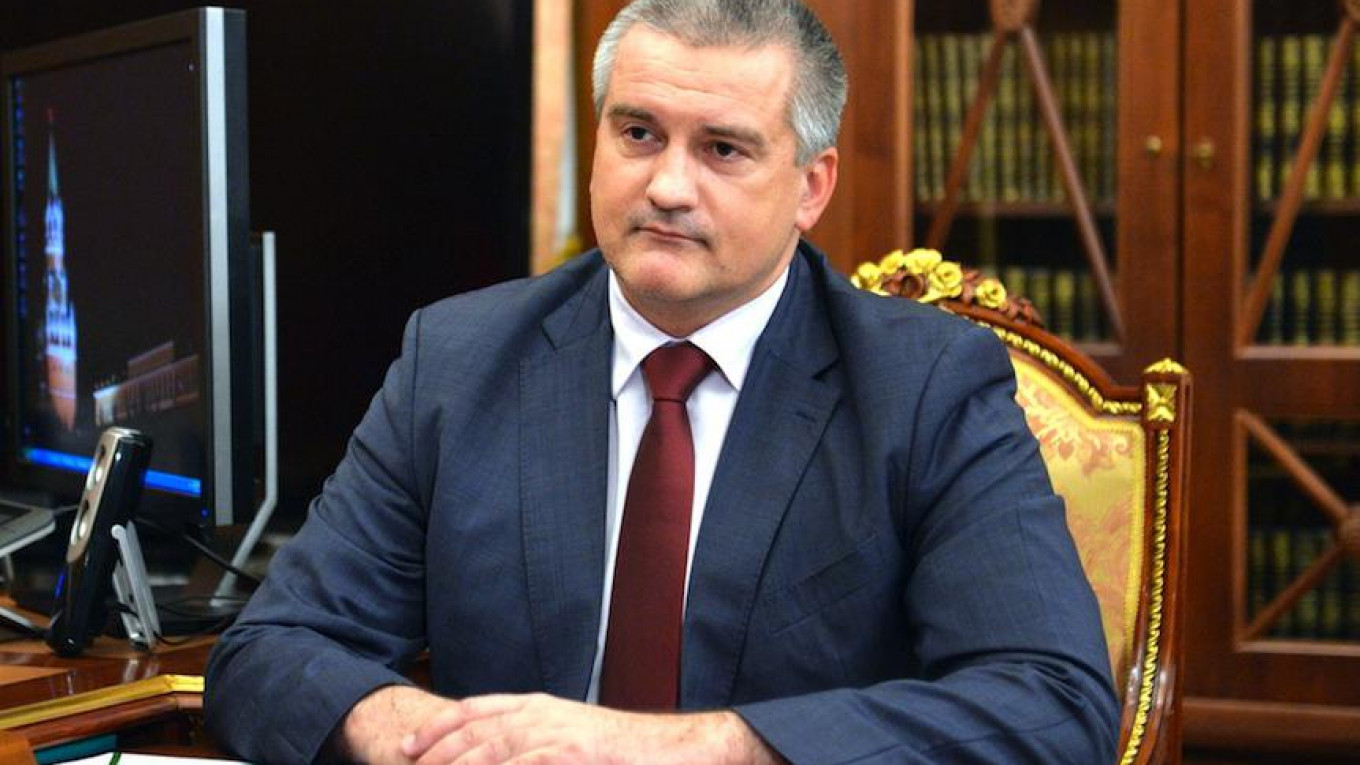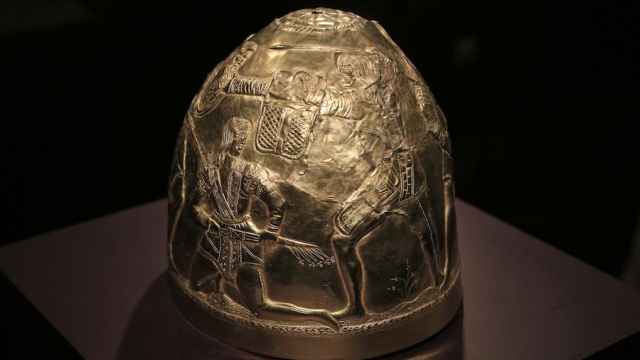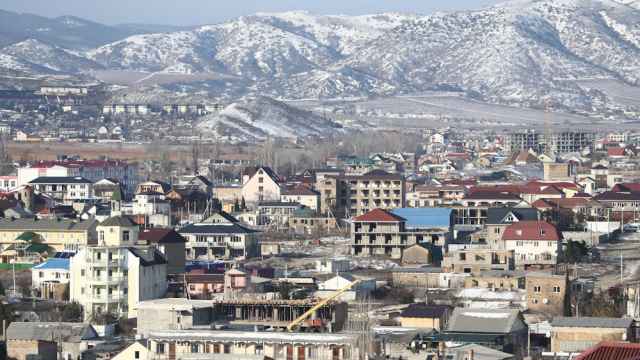Crimea's top official has claimed that European sanctions have had almost no effect on the region's economy.
Speaking in an interview with Rossiskaya Federatsiya Segodnya, Crimean leader Sergei Aksyonov said that the Russian-controlled peninsula had “lost almost nothing” due to international embargoes.
“There was little in the way of European investments during the “Ukrainian era,” and very few European tourists,” Aksyonov said.
He also claimed that foreign business investors were showing “great interest” in the region, including delegations from Europe, China, India, Israel, and the United States.
The former businessman was also optimistic about improving ties with United States under President-elect Donald Trump, but maintained that Crimea would always be “de facto and de jure part of Russia.”
“[Crimea's status as part of Russia] does not depend on the views of leaders of foreign states,” he said. “If the United States recognizes the will of the Crimean people, it is merely recognizing reality. But that would give the world a positive signal.”
EU restrictions on the region include an embargo on all Crimean products to Europe, a ban on all investment in the Crimean economy, and the export of some goods and services to the peninsula. The sanctions also prohibit European ships from entering Crimean ports.
Crimea formally became part of Russia in March 2014, following a controversial referendum and military annexation of the peninsula. A package of economic sanctions against Moscow and the disputed territory have been in place for over two years.
A Message from The Moscow Times:
Dear readers,
We are facing unprecedented challenges. Russia's Prosecutor General's Office has designated The Moscow Times as an "undesirable" organization, criminalizing our work and putting our staff at risk of prosecution. This follows our earlier unjust labeling as a "foreign agent."
These actions are direct attempts to silence independent journalism in Russia. The authorities claim our work "discredits the decisions of the Russian leadership." We see things differently: we strive to provide accurate, unbiased reporting on Russia.
We, the journalists of The Moscow Times, refuse to be silenced. But to continue our work, we need your help.
Your support, no matter how small, makes a world of difference. If you can, please support us monthly starting from just $2. It's quick to set up, and every contribution makes a significant impact.
By supporting The Moscow Times, you're defending open, independent journalism in the face of repression. Thank you for standing with us.
Remind me later.






